The Objectified History of the Female Pop Industry
The ongoing actions of sexist record labels have ruthlessly stereotyped female artists.
Discussing the disparities between men and women in the music industry are a priority in today’s society. More specifically, talking about the degradation of women in the industry. Often their music references sexual interests, desires, feelings, love, and passion, whereas other songs include misogyny, objectification, and sexual violence against women.
The impact of these messages has already been examined through academic research at large universities. Researchers have noticed the repeated amounts of stereotyped behavior in lyrics, along with violence against women, misogynistic beliefs, and state self-objectification. These studies, undertaken at places ranging from the University of Central Florida to South Australia, to the University of North Carolina, indicate that messages in popular music negatively influence listeners’ perceptions of and interactions with women.
“Research has found that exposure to sexualized music is related to self-objectification among adolescent girls, which is then related to the development of beauty ideals, body surveillance, body esteem, dieting patterns, anxiety levels, and mathematical performance.” – Sexualization of Popular Music
As of today, many prominent female artists have spoken out about the sexism within record labels and objectification that female singers face. One of the more notable examples has been actress and pop star Ariana Grande.
“It’s just so male-dominated,” Grande stated during a 2018 Billboard interview. “It’s so easy for them. There are so many unbelievable female artists out there that try so much harder. I feel like there are certain standards that pop women are held to that men aren’t.”

As the next generations grow they realize how female artists wear clothing that could rarely be considered an outfit but rather lingerie. For example, at the 2021 Grammy’s there were female performers such as Dua Lipa and Megan Thee Stallion, who both wore shiny and high-waisted boy shorts complemented by matching bras and see-through tops during their performance. This is not at the fault of these women, but rather the industry: one that does not expect the same of men.
Most record labels and sides of the media have assumptions about women that label them as an easy target for exploitation. Just look at Brittney Spears’ career. She was forced to expose herself and her personal sex life because of a lack of barriers and respect for her privacy. This, in turn, caused her to be the number one target of exploitation in the pop industry. Both her father and Justin Timberlake have taken advantage of her and use her as a scapegoat or sexual pariah. This leaves listeners and the overall public to believe that this is the woman’s idea and normal behavior in public.
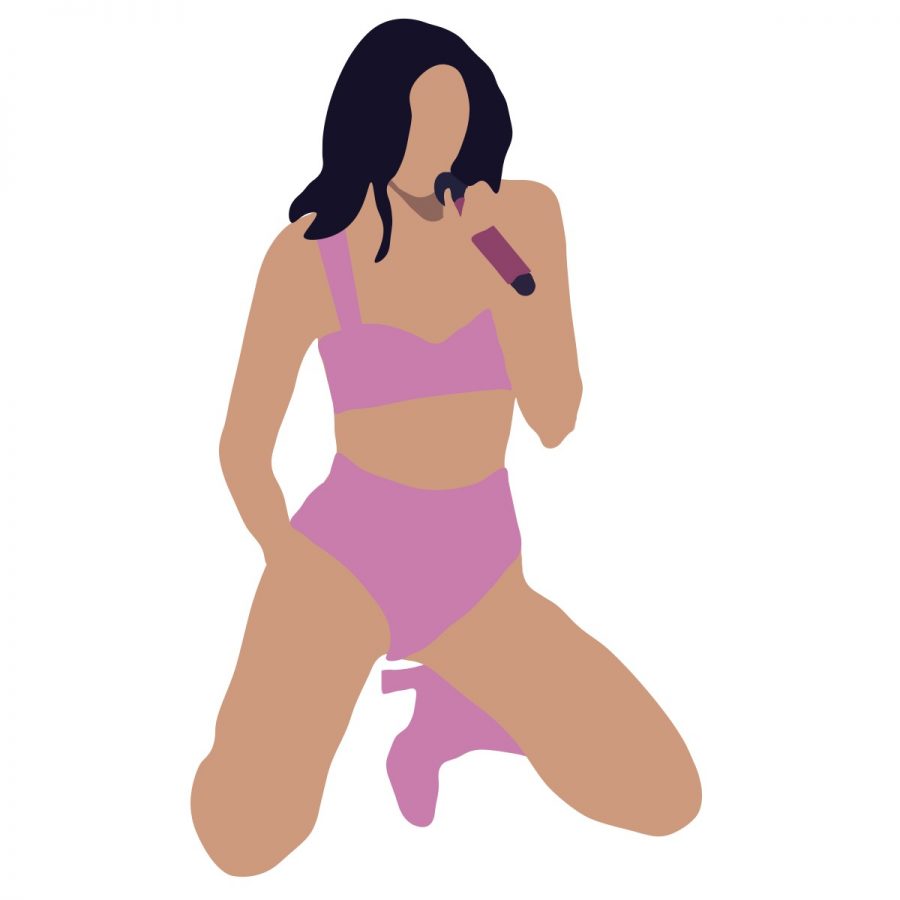
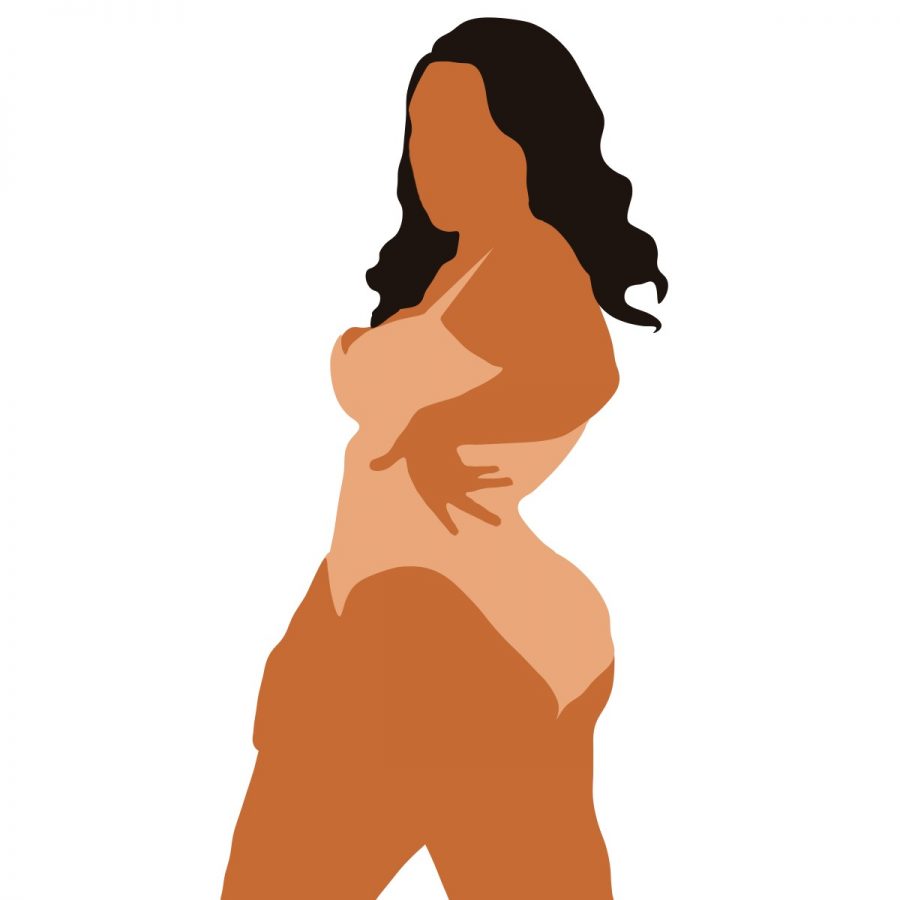
Many female rappers who use explicit lyrics aren’t doing it for their own exploitation, instead, they are reclaiming the power that men in the industry have taken away. Although in some cases, these lyrics cause different actions.
In a 2014 radio interview with Hot 97, Iggy Azalea opened up about how fans have tried to sexually assault her at her gigs. She revealed that fans take the lyrics of her songs as an invitation to make advances on her. Her ordeal was made light of by the radio hosts, however. They brushed over the seriousness of her sexual assault claims to instead talk about the “puffiness of her butt.” – Is it Harder for Females to Make it into the Pop Industry?
The wave of female artists turning to baggy clothes to avoid objectification has been active for many years. Artists that have used this method include H.E.R, Ella Mai, and Billie Eilish. Eilish especially has dodged the temptation of fitting into hyper-sexualized standards by using this individual style as a “security blanket.” Although unique and clever, some individuals have used this security method as a reason to body shame. Whether Eilish wore tight clothing or not, she would get rude remarks due to how her body didn’t fit the average female celebrity stereotype. An example of this occurring is in 2020 when Billie was found by a photographer wearing a camisole top displaying most of her upper figure. In response to this viral picture, opportunists jumped to Twitter only to label her body as a “Wine Mom Body.” Acknowledging the tweets, Billie shared a short video from Chizi Duru, in which the YouTuber encourages fans “to start normalizing real bodies.”
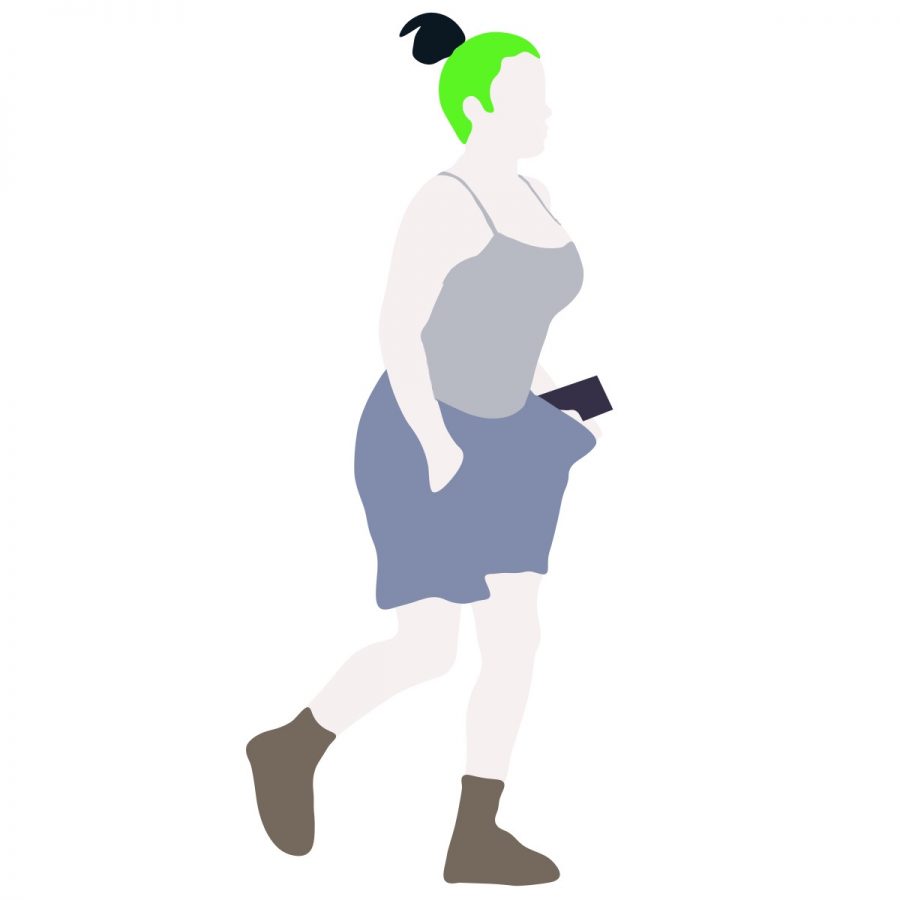
In no way does this mean we have to bring down any male artists and stereotype them as “lazy performers.” It is about understanding women in the industry do not owe their audience public exposure. Specifically for female singers and rappers who deserve more than objectified and stereotyped behavior from listeners. Furthermore, the sexist and biased actions of record labels that support the degradation of women will only worsen the situation. The struggle of upcoming women in the music industry has existed since the origin of the pop genre. Society has taught these women that they have to physically reveal themselves in order to be successful. This messaging forces young adults to self objectify themselves before teaching them how to love themselves. As this pattern continues, the female stars in the pop industry still get treated unfairly and set unattainable body images towards listeners.
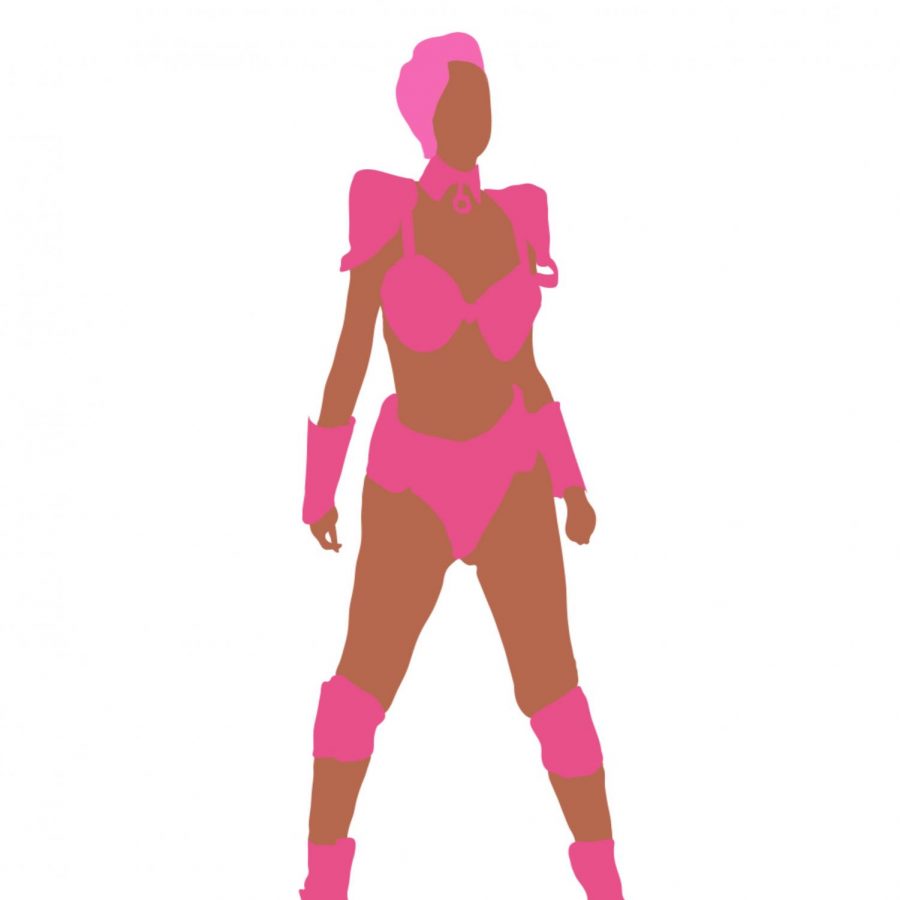
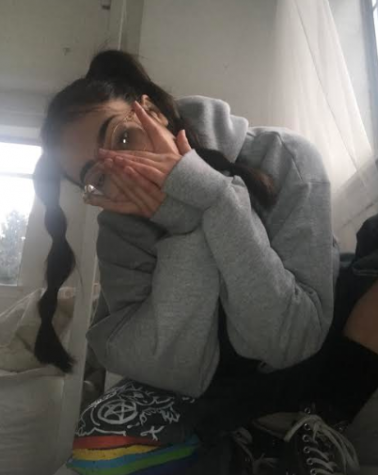
Liana Moore is a Sophomore here at Garfield and this is her first year on Messenger staff! Her favorite hobbies are writing, dancing, and drinking boba!...




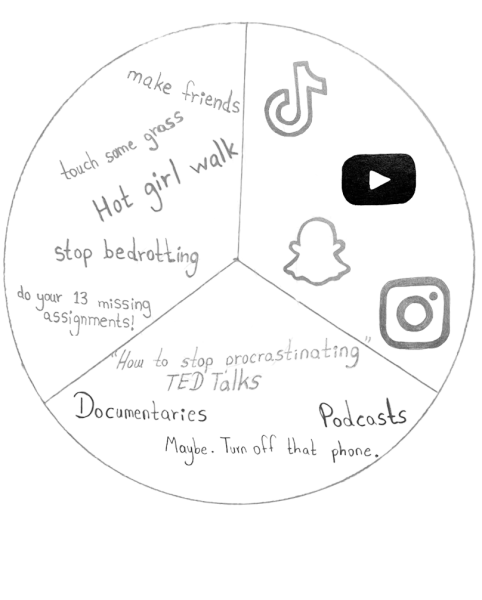

Bebu Banks • Aug 24, 2023 at 9:21 PM
Straight forward and to the point!
Every time a pop star self objectifies, overtly sexualize themselves, they set back women empowerment a few years back.
JMD • May 8, 2021 at 7:19 AM
Great job!!